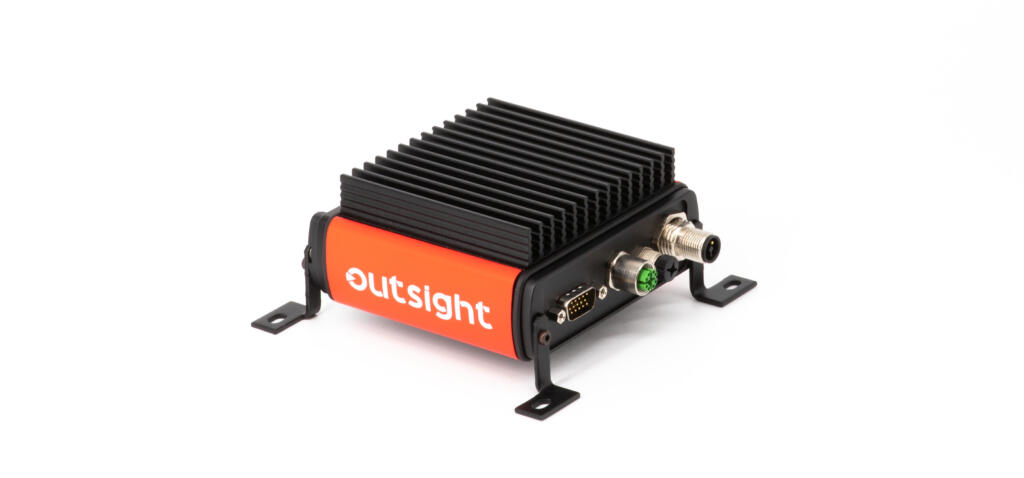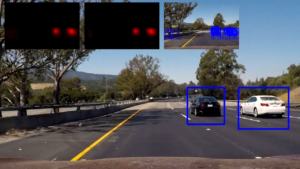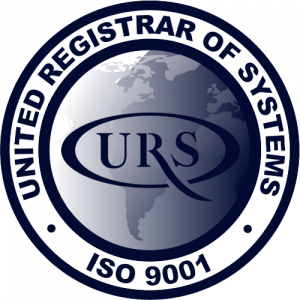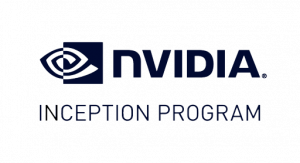Free Technical Resources For Autonomous Driving Addicts

It’s amazing the volume of free resources you can find online to fuel your self-driving car project.
The internet is bringing progressive developers together, encouraging the shared use of tools and information to accelerate technological progress. When information is shared, it benefits society as a whole, not just individual corporations. WordPress founder and self-described ‘open-source hippie’ Matt Mullenweg believes that “everything, not just software, should be open-source”.
In that spirit, here’s a comprehensive list of free technical resources aimed specifically towards autonomous vehicle developers. We hope you find it helpful!
Github
Online hosting service GitHub is mostly used for computer code. It’s a meeting place for more than 31 million developers collaborating to manage projects and build software.
Github provides a long list of resources, links, papers and recommendations to inform your next autonomous driving project, including the MIT Self-Driving Cars course, End to End Learning for Self-Driving Cars, and Deep Multi-Scale Video Prediction. You will also find a curated list of awesome autonomous vehicle resources, starting with the foundations of AI, robotics and computer vision. All this plus papers, courses, datasets, and links to open source software like Comma.ai.
Github’s list also provides a hefty chunk of useful information on law and media around self-driving cars.
Mighty AI
Computer vision company Mighty AI trains AI programs to better see and understand the world, using high-quality data to validate computer vision models. Here you can find its Sample Training Dataset for Autonomous Driving, which looks to be updated regularly.
It takes a huge amount of data to train vehicles to understand their environments, which is why it’s helpful to get your hands on as many sample datasets as possible. Mighty AI has created a sample set of 200 fully segmented images of a specific Seattle-area route, which you can download and use for free.
ApolloScape
The Chinese multinational technology company Baidu lately released ApolloScape, a huge and freely available dataset for autonomous vehicle simulation – far bigger than other similar datasets. While still a work in progress, it offers 144k image frames, 10 times more high-resolution images, 26 different recognizable objects, and pixel-by-pixel annotations. The dataset forms part of Apollo version 2: Baidu’s open autonomous driving platform.
UC Berkeley
Like Baidu, UC Berkeley also has a huge self-driving dataset available for free public use by engineers and developers, containing 100,000 different video sequences from across the US, plus GPS information.
These videos may be especially useful in testing as they cover a variety of different weather and light conditions. Download the BDD100K dataset.
DIY Robocars
Our good friends at DIY Robocars host events for people who want to make and race DIY autonomous cars. Even small, inexpensive models can run autonomous software. Plus, DIY Robocars provides a list of naturalistic driving studies programmers can use: some taken in real traffic, some from self-racing car events.
The data was collected across various European countries and in varying weather and lighting conditions – ideal for testing out semantic segmentation. This type of data has long been the favoured study source for driving researchers, even before the days of on-road autonomous research.
Tiny YOLO
Also from Github comes Model Depot: an open platform for discovering and sharing machine learning models. Model Depot has been exploring in-browser object detection using Tiny YOLO – and now you can too. Tiny YOLO (you only look once) is a real-time object detection system that uses deep learning to find objects from your webcam. The system makes predictions with a single network evaluation, which makes it extremely fast.
There’s plenty more software to check out at Model Depot: some even have live demos.
We hope these free technical resources will prove helpful throughout your R&D. We will endeavour to keep this page updated as we go. Got suggestions? Let us know!
If you are at the start of your autonomy journey, or if you would just like to understand a bit more about this fascinating, rapidly growing world, then hop over to our article about the technology used in autonomous vehicles.








